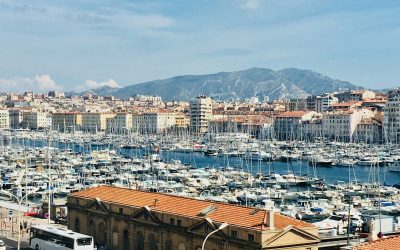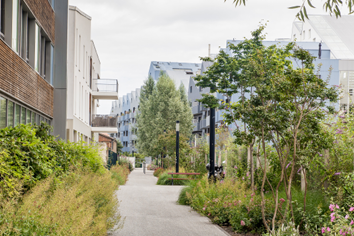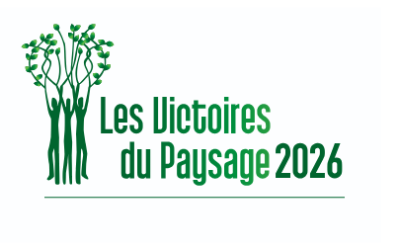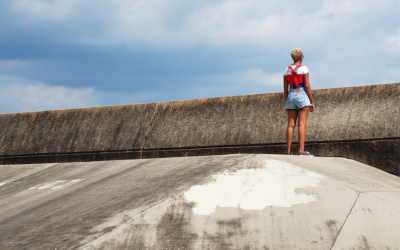
Humans have always shaped and been shaped by the landscapes they inhabit. Landscapes bear witness to the earth’s geological past and the trajectories of human civilizations. Land and water have been a nexus of power struggles for millennia.
Ben Gitai takes as a case study a site of emblematic biopolitical significance: Naharayim/ Al-Baqoura in the Jordan Rift Valley. Adopting a hybridized approach at the intersection of landscape architecture, political geography and history, he excavates this site, revealing in intricate detail how cartography and maps have been instrumentalized by successive power regimes – Ottoman, British, and Israeli Jordanian – and how this instrumentalization has transformed the landscape over the past 150 years. What emerges is a story of the Jordan Valley that encompasses competing visions and aspirations for the development of the Holy Land.
From the river to the sea, the landscape tells a broader story: one where rivers and frontiers are not only natural features but instruments of power. To map is to claim, to rename is to dominate, and to redraw borders is to reshape identities. The Jordan River, once a crossing and a source of life, has become a
contested line of sovereignty. Between water and land, cartography and politics, the landscape reveals itself as both witness and actor in the struggle for power and coexistence.
The Author
Ben Gitai is an architect whose work integrates the disciplines of territory, landscape, and architecture. He has taught at institutions in Switzerland, France, and Israel, and his research explores landscape transformations at the intersection of history, architecture, and geopolitics, engaging with multiple scales. He received his doctorate from the Swiss Federal Institute of Technology in Zurich (ETHZ) and currently coordinates the Habitat Research Center, where he also led the Atlas of Paris Landscapes. His current work focuses on transitional landscapes, and he teaches at the Laboratory of Landscape Development
(LAND) at the Swiss Federal Institute of Technology in Lausanne (EPFL).



